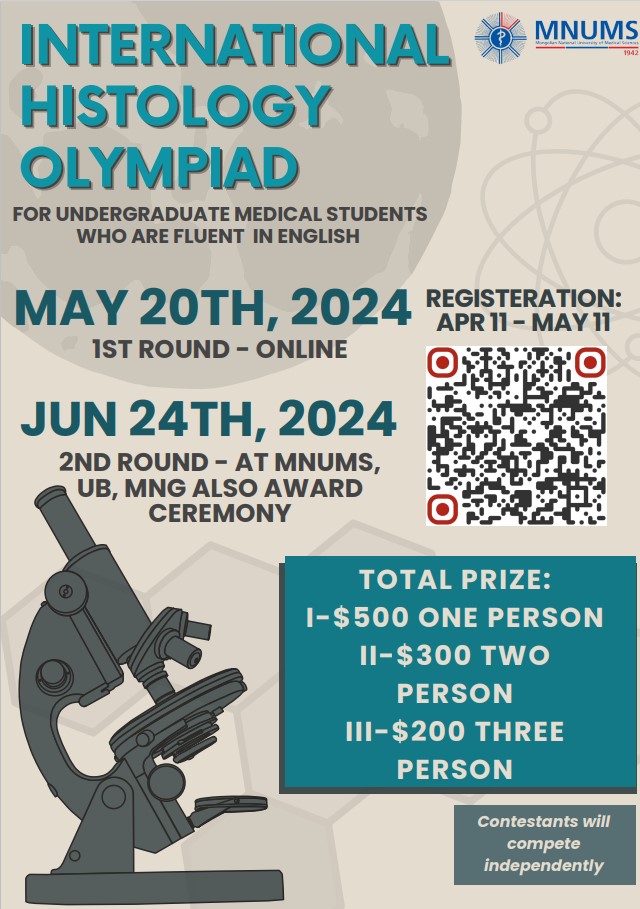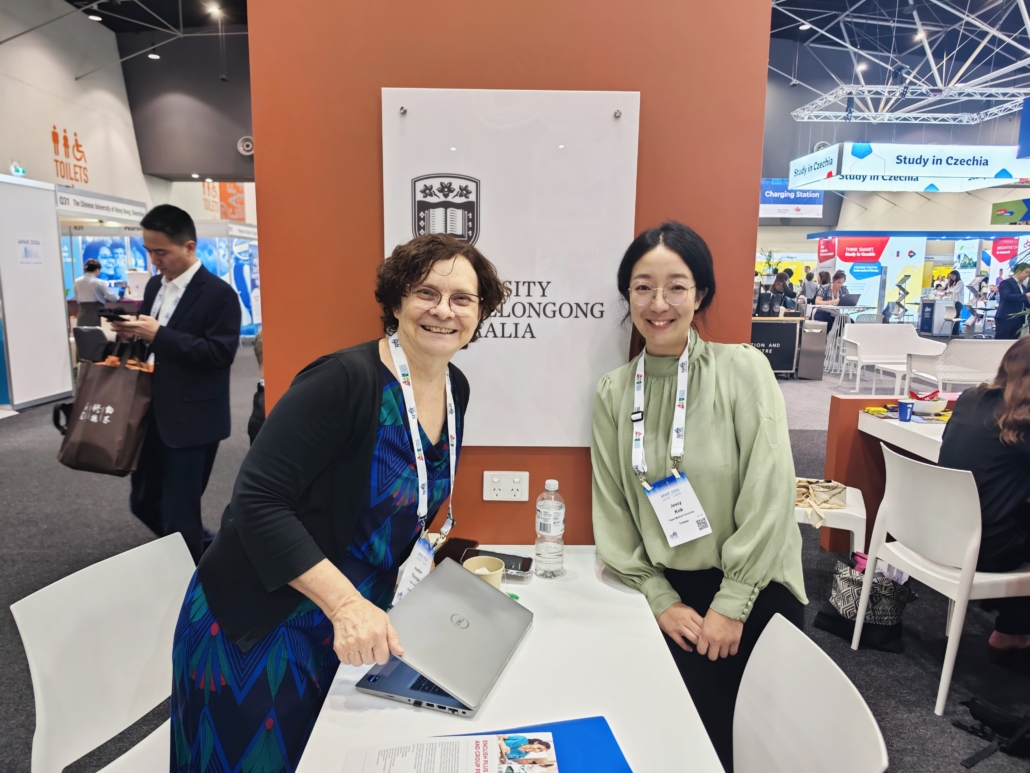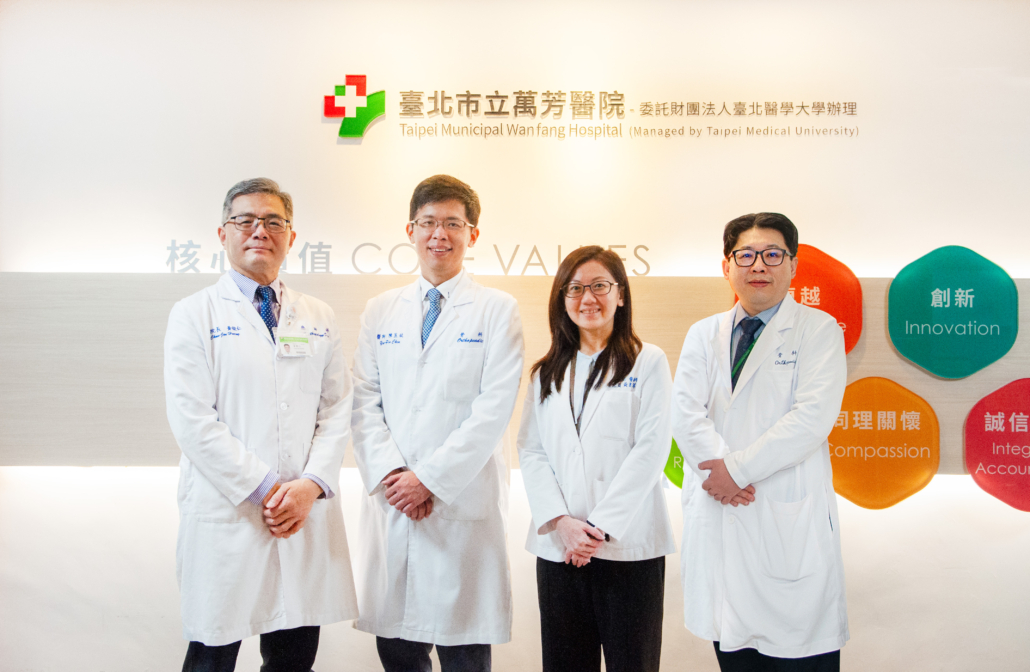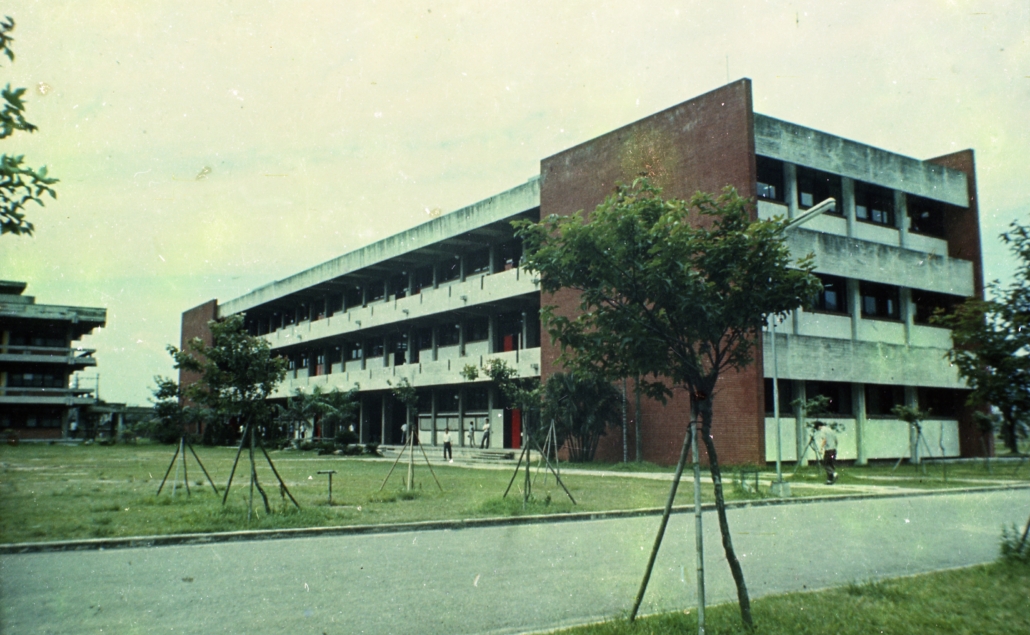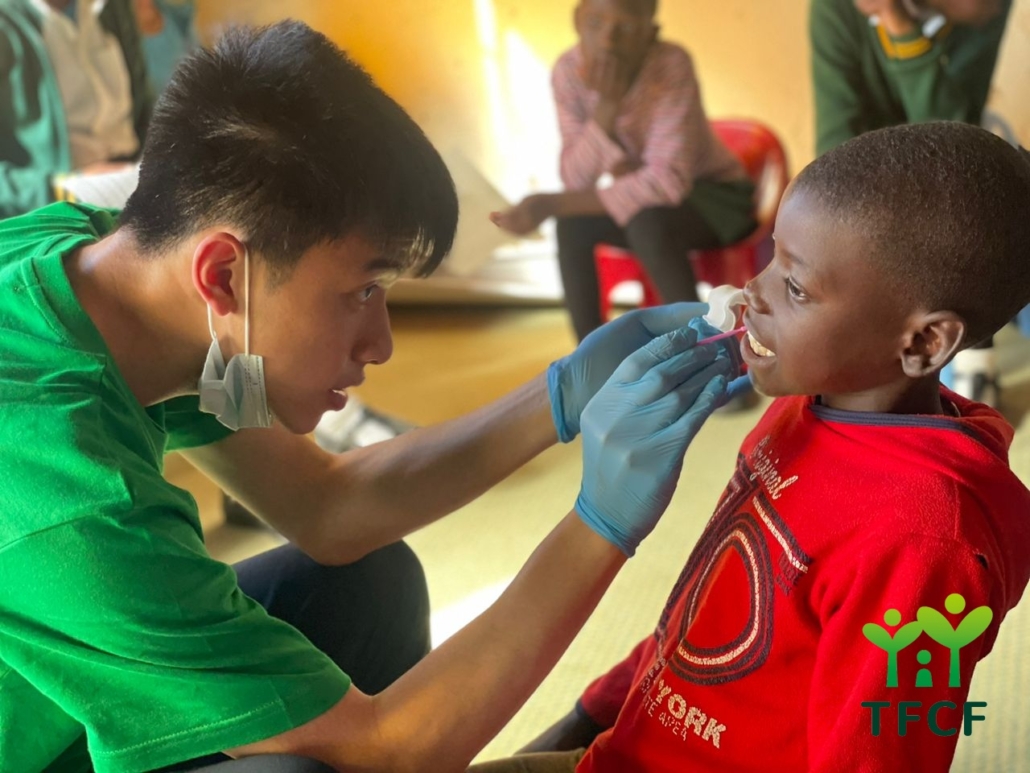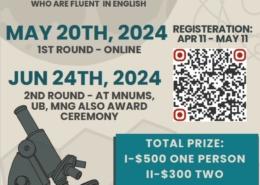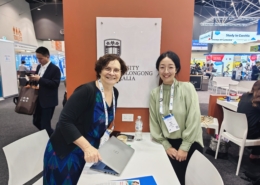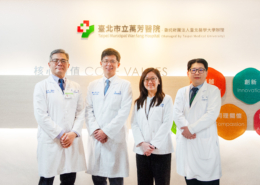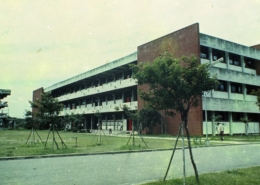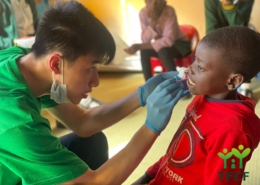Student feedback lauds AI medical treatment course
Source: Taipei Medical University
Published on 2019-02-01
With the coming of the AI age, and in response to AI smart medical treatment trends, TMU launched a smart medical treatment senior management course in May 2018.
This intensive 54-hour course brings together senior-level personnel from the medical and biotechnology sectors so that they can study business opportunities in smart medical treatment management.
In the course, the visit to Taipei Municipal Wanfang Hospital left the biggest impression on the students. Last year, Wanfang Hospital introduced a conversational AI on their Line instant messaging application. Through machine learning, the AI can carry out comprehensive diagnosis based on the user’s selection of where they are located and which parts of the body they feel discomfort in, helping users to determine with which department they should make an appointment. In terms of determination of disease, the AI has 90% accuracy rate, and can book appointments or provide other medical services based on user location and perception of user features.

Wanfang Hospital’s conversational AI on Line assists callers with hospital consultations
Wanfang Deputy Superintendent Jia-Hui Jian also introduced the students to the simulated smart ward so they could see the simulation area for smart medical treatment and better understand the exceptional results that modern medicine and technology can generate.

Visiting the smart ward
TMU graduate Qian-fen Huang worked with the university’s data research center to produce the Dr. Advice mobile app, which also interested many students. Dr. Advice is Taiwan’s first platform integrating 200 primary clinics to provide smart medical services. It can help people monitor their health status at home while clinicians also receive reports. Using the medical network’s “big data,” physicians can analyze patient condition, make a diagnosis, and reduce hospital visits for minor ailments.
Smart medical treatment analyzes trends, and AI is changing management thinking as well. The course also analyzes current conditions regarding human resources and health-related industries. Management case studies and analysis of financial aspects of smart medical institutions help students to access multidisciplinary opportunities in the course.
The course features experienced TMU faculty members, including Mai-Szu Wu, Superintendent of Shuang Ho Hospital; Jia-Hui Jian, Deputy Superintendent of Wanfang Hospital; and Jeng-Fong Chiou, Deputy Superintendent of TMU Taipei Cancer Center. The course received positive feedback from students for effectively integrating TMU resources.

Students with Shuang Ho Superintendent Mai-Szu Wu (2nd from right) and College of Management Dean Ben-Chang Shia (2nd from left) at Shuang Ho Hospital

The students receive their course completion certificates.

